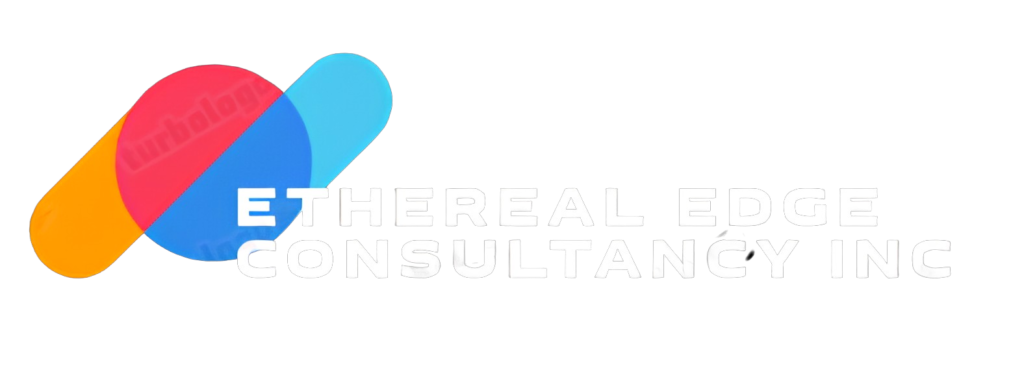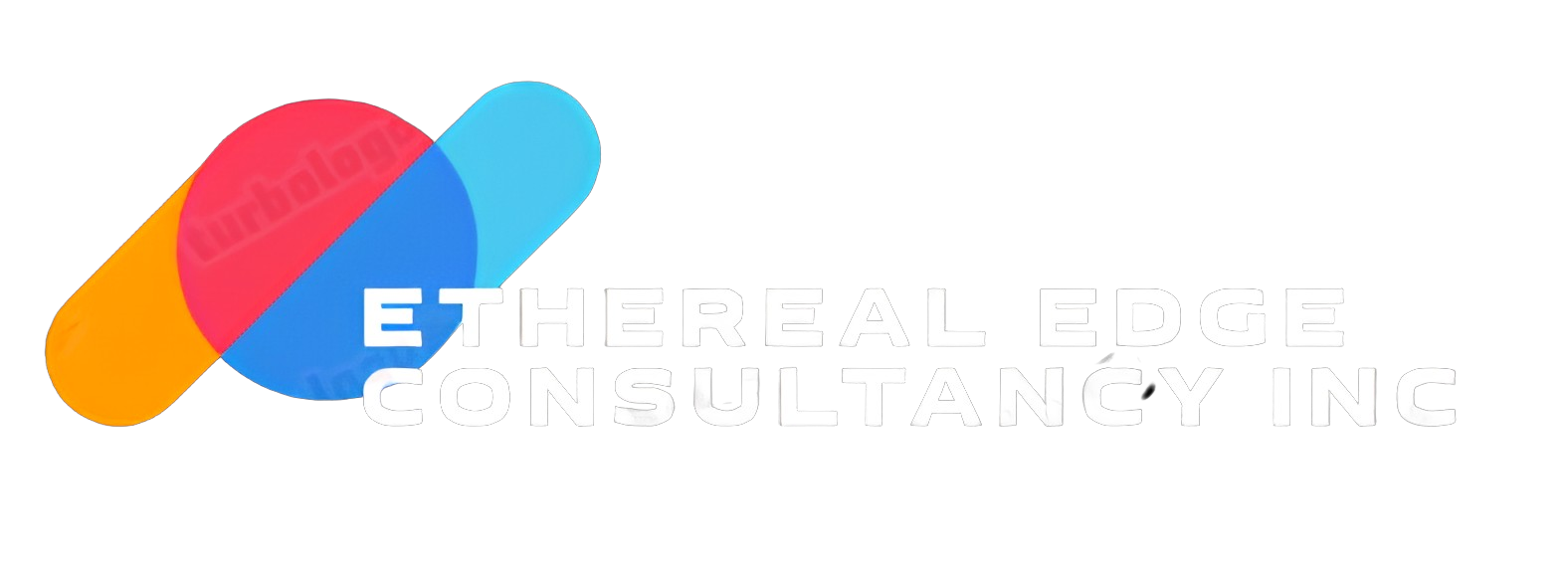Some work permit holders in Canada may continue to study in the country without needing a study permit.
On December 6, Immigration Refugees and Citizenship Canada (IRCC) updated their operational instructions and guidelines to clarify that work permit holders who applied for their work permit before June 7, 2023, may continue to pursue their studies without needing to apply for a work permit.
This is a continuation of the temporary policy instituted in 2023, which is set to last until June 27, 2026.
Discover your options to study in Canada
Am I eligible to study without a study permit?
To be eligible for a study permit exemption as a work permit holder under this policy, you must:
- Hold a valid work permit, which you applied for on or before June 7, 2023 (IRCC must have received your application on or before this date); or
- Have submitted an application to renew your work permit on or before June 7, 2023, and received a work authorization* from IRCC while the extension is being processed.
Newcomers who applied for their work permits after June 7, 2023, are not eligible under this policy.
*Work authorizations are letters that are given to some newcomers by IRCC, while their application is in process. These letters allow newcomers to work in Canada, while the immigration department makes a decision on their application.
Individuals may continue to work if they applied for an extension before the expiry of their previous work permit, under maintained status.
Additionally, if you hold both a valid study permit, and a valid co-op work permit that meets the conditions above, you may be eligible to enroll in additional study programs under this policy if:
- You follow the conditions of your current study permit;
- You continue your studies in your main study program; and
- The additional study program you enroll in does not exceed the length of your current co-op work permit.
How long can work permit holders study without a study permit?
If you’re eligible for the study permit exemption under this temporary public policy, you can study in Canada without a study permit until:
- Your current work permit expires;
- Your work permit renewal application expires, or is refused; or
- The expiry of this temporary policy (June 27, 2026).
How can I show my school that I am study permit-exempt when applying?
As a work permit holder or work permit extension applicant, you can show one of the following documents to your Designated Learning Institution (DLI) of choice, to prove that you have a study permit exemption:
- Your current, valid work permit;
- The Acknowledgment of Receipt (AOR) you received after applying for your work permit extension application (for those who applied online);
- The work authorization letter that was sent to you after applying for a work permit exemption; or
- An email from IRCC saying that you qualify under the public policy allowing some work permit holders to study permit exempt.
The benefits of continuing education in Canada
Continuing your education in Canada as a newcomer can yield multiple economic and immigration benefits.
Research from Statistics Canada supports this idea. A study entitled “International students as a source of labour supply” suggests that newcomers with “pre-landing (before attaining permanent residence) Canadian study experience” tend to perform much better in Canada’s labour market than newcomers without this study experience.
In the initial one to two years after receiving permanent residence (PR) newcomers who were graduates of Canadian education institutions earned 27% more than their counterparts who studied abroad.
These advantages carry over in the long term. According to the study, 10 to 11 years after landing, newcomers with at least one year of pre-landing work experience still earned between 9-12% more than those without such experience, even when accounting for pre-landing work experience.
Continuing your education in Canada can also be an effective way to increase your eligibility for PR.
Express Entry-related immigration programs use the Comprehensive Ranking System (CRS) to score candidates based on their human capital factors (one of which is education). As individuals attain higher levels of education, they are awarded more points and subsequently have a higher likelihood of being invited to apply for PR.
You can earn a maximum of 150 CRS points if you do not have a spouse or partner accompanying you to Canada, and a maximum of 140 points with a spouse or partner.
| Level of Education | Points awarded with a spouse or common-law partner (Maximum 140 points) |
Points awarded without a spouse or common-law partner (Maximum 150 points) |
|---|---|---|
| Less than secondary school (high school) | 0 | 0 |
| Secondary diploma (high school graduation) | 28 | 30 |
| One-year degree, diploma or certificate from a university, college, trade or technical school, or other institute | 84 | 90 |
| Two-year program at a university, college, trade or technical school, or other institute | 91 | 98 |
| Bachelor’s degree OR a three or more year program at a university, college, trade or technical school, or other institute | 112 | 120 |
| Two or more certificates, diplomas, or degrees. One must be for a program of three or more years | 119 | 128 |
| Master’s degree, OR professional degree needed to practice in a licensed profession (For “professional degree,” the degree program must have been in: medicine, veterinary medicine, dentistry, optometry, law, chiropractic medicine, or pharmacy.) | 126 | 135 |
| Doctoral level university degree (Ph.D.) | 140 | 150 |
In addition, the CRS also awards:
- Up to 50 additional points for those with Canadian work experience and a post-secondary degree;
- Up to 50 additional points for those with strong proficiency in Canada’s official languages and a post-secondary degree; and
- Up to 30 additional points for completing your post-secondary education in Canada:
- 15 points for a Canadian post-secondary credential between one to two years in length; or
- 30 points for a Canadian post-secondary education credential of three years or longer.
Further to increasing your CRS score, continuing your studies in Canada can also make you eligible for provincial immigration pathways designed specifically for international graduates from those areas.
Many of these pathways also reward work experience and arranged employment in the province.
Some examples of these programs include:







